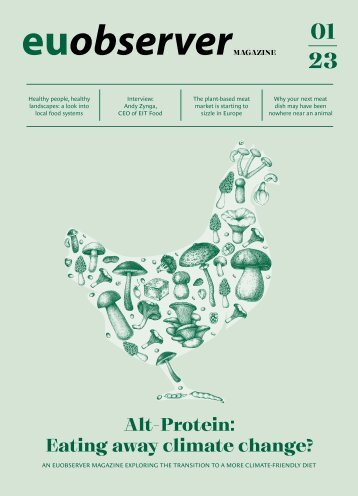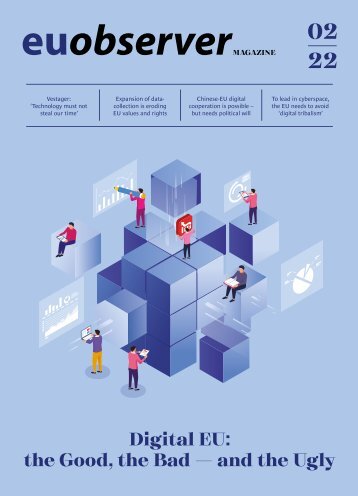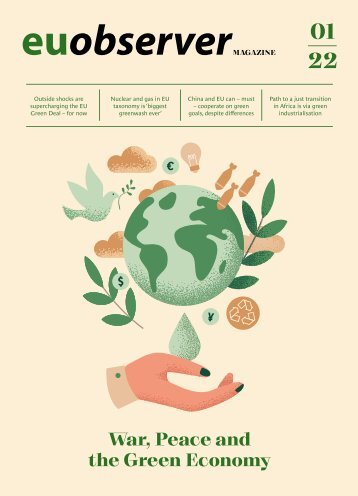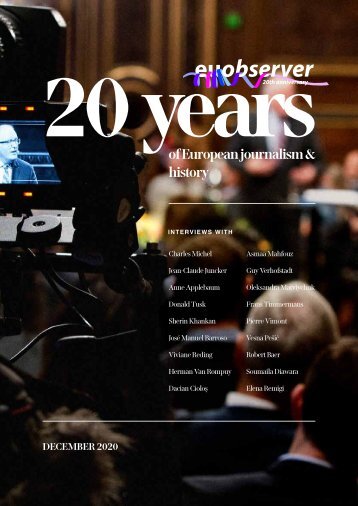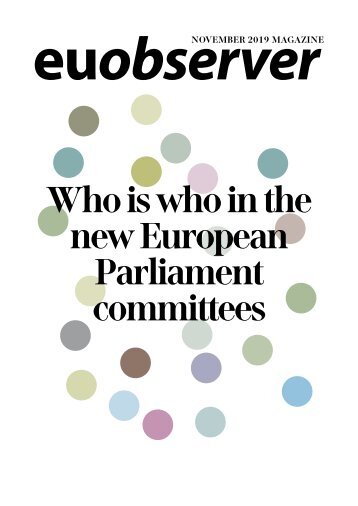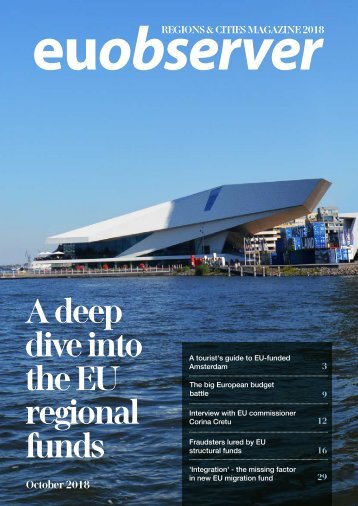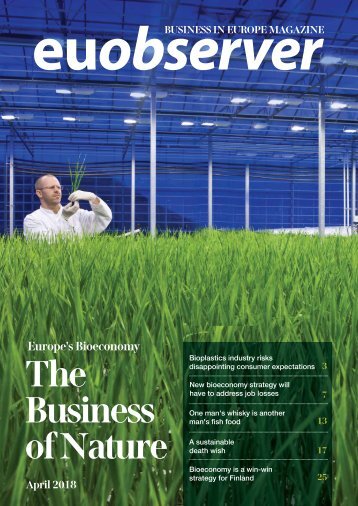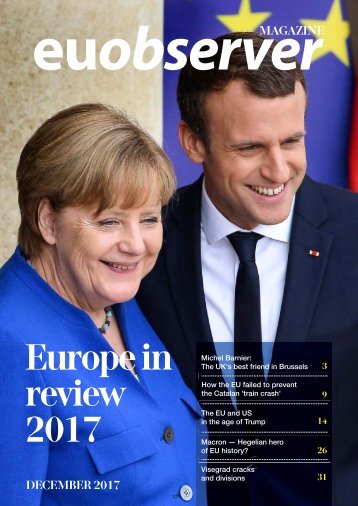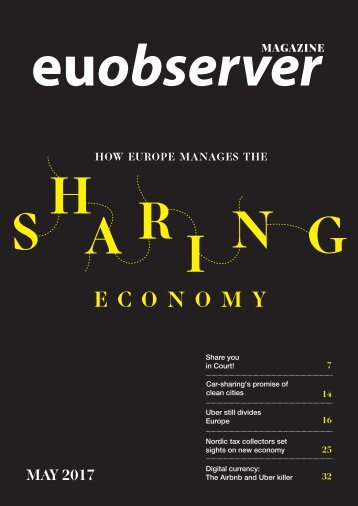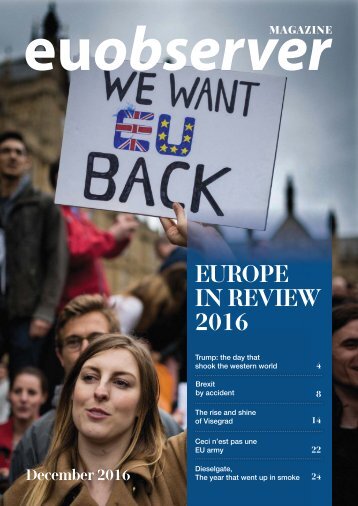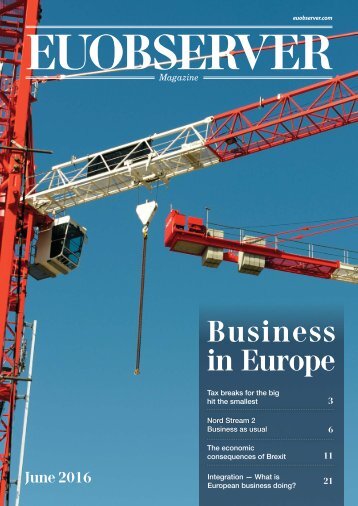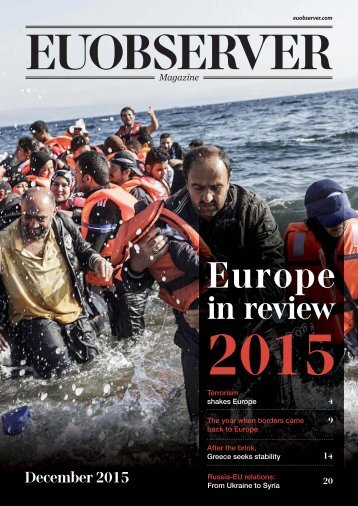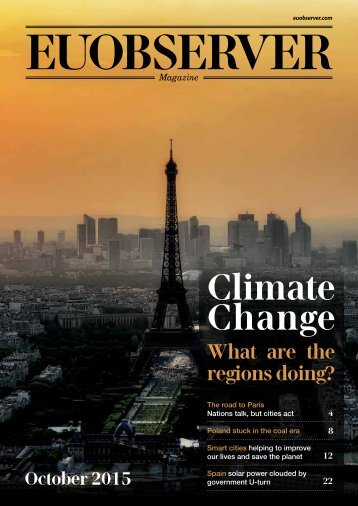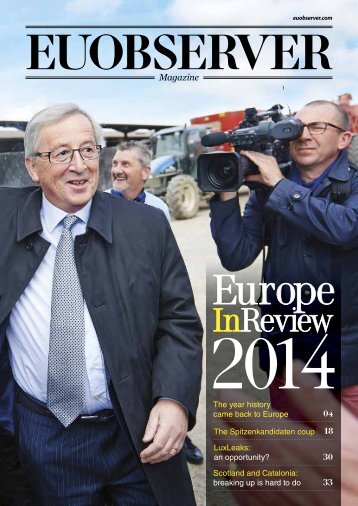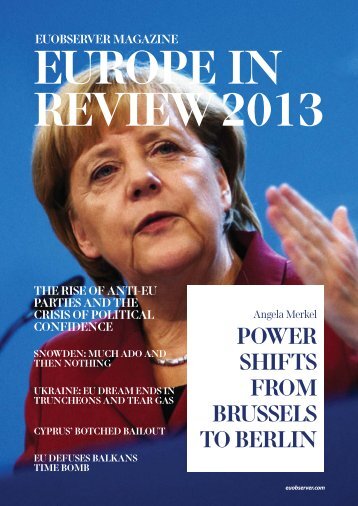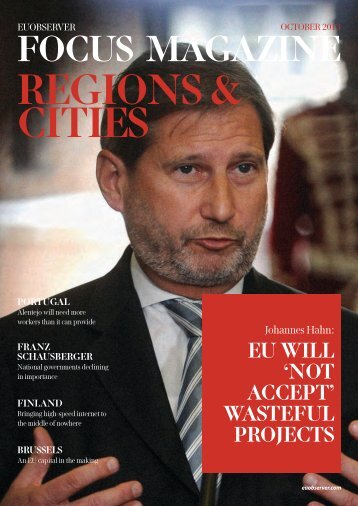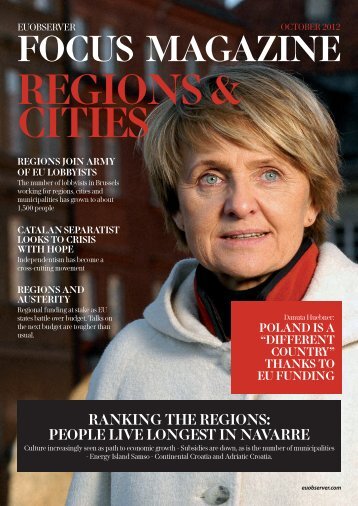War, Peace and the Green Economy
- Text
- Green economy
- Peace
- War
- Ukraine
- China
- Africa
- Europe
HOW OTHERS SEE THE EU to
HOW OTHERS SEE THE EU to describe foreign investment in Africa: “exploitation, domination, colonialism.” He warns: “A transition to renewables does not automatically mean a just transition.” Mines and harbours Western and Chinese-built roads and train tracks largely connect mines with harbours — they are not meant to help people, but to speed up the export of mineral wealth. Investment schemes such as the EU’s Global Gateway will fail to address exploitation because local people remain excluded from decision-making, he warns. “There is a real drive to scrape the bottom of the barrel from all sides.” There is a real drive to scrape the bottom of the barrel from all sides.” Nnimmo Bassey And it is not just Europeans and the Chinese who are at fault. National African leaders like Senegalese president Macky Sall and Nigeria’s Osinbajo, wittingly or unwittingly, are allowing exploitation to continue by promoting new fossil-fuel projects. “They hope fossil fuels will give them the revenues they need to transform the country,” Bassey said. “But if you look back at 60 years of oil and gas investments, none of the goals that were set out have been achieved. Instead, all we have to show for it is ecocide, extreme destruction and exploitation of local peoples.” The UN has estimated that African countries lose €80bn a year in illicit cash transfers to the Global North, with at least half of that related to the export of Nnimmo Bassey, architect, environmentalist and poet The easiest way to be in-the-know about European politics and key events. Subscribe to our daily newsletter www.euobserver.com/newsletter print magazine website daily newsletter social media SUBSCRIBE If you look at the history of infrastructure investment in Africa, it has not led to improvements in the situation on the continent” extractive commodities. The EU insists on good governance and has presented Global Gateway as a watershed moment that will change all this. But there are many other ways wealth continues to flow out of Africa. New borrowing, fresh debt? The EU Global Gateway states that Africa will receive €150bn worth of grants Nnimmo Bassey and loans to spur further private investment. And while this may increase access to much-needed funding for the energy transition in Africa, new borrowing also means more debt. Private investors often charge high-interest rates because they perceive African countries as risky investments, resulting in many African countries having to pay a large amount of their budget to debt-servicing — a problem now made worse by the Covid-19 pandemic. At the end of 2021, more than 20 low-income African countries were in debt distress, according to the International Monetary Fund. In the first five months of 2021, 98 percent of the Nigerian budget was spent on debt-servicing. Between 2011 and 2020, Ghana used 74-percent of its petroleum revenue to pay off debt. “Nigeria can’t transition away from fossil fuels because it depends on oil and gas revenues to pay back investors,” says David McNair, who heads the One Campaign, a non-profit organisation against extreme poverty. The new funding projected by Global Gateway is undoubtedly substantial. But its emphasis on private investors that charge high-interest rates may deepen Africa’s debt problems, leading to more loss of wealth, which in turn could tempt African governments to invest in new fossil-fuel projects. ◄
- Page 1 and 2: MAGAZINE 01 22 Outside shocks are s
- Page 4: TABLE OF CONTENTS WAR, PEACE AND TH
- Page 8: WHAT’S HAPPENING IN THE EU WAR, P
- Page 12: WHAT’S HAPPENING IN THE EU WAR, P
- Page 16: WHAT’S HAPPENING IN THE EU Does t
- Page 20: HOW OTHERS SEE THE EU WAR, PEACE AN
- Page 26: WAR, PEACE AND THE GREEN ECONOMY Pa
- Page 30: WAR, PEACE AND THE GREEN ECONOMY Af
- Page 34: HOW OTHERS SEE THE EU Just as the E
- Page 38: WAR, PEACE AND THE GREEN ECONOMY IN
- Page 42: PEOPLE IN THE NEWS - HILDA FLAVIA N
- Page 46: An A-Z glossary of climate change t
Inappropriate
Loading...
Mail this publication
Loading...
Embed
Loading...

